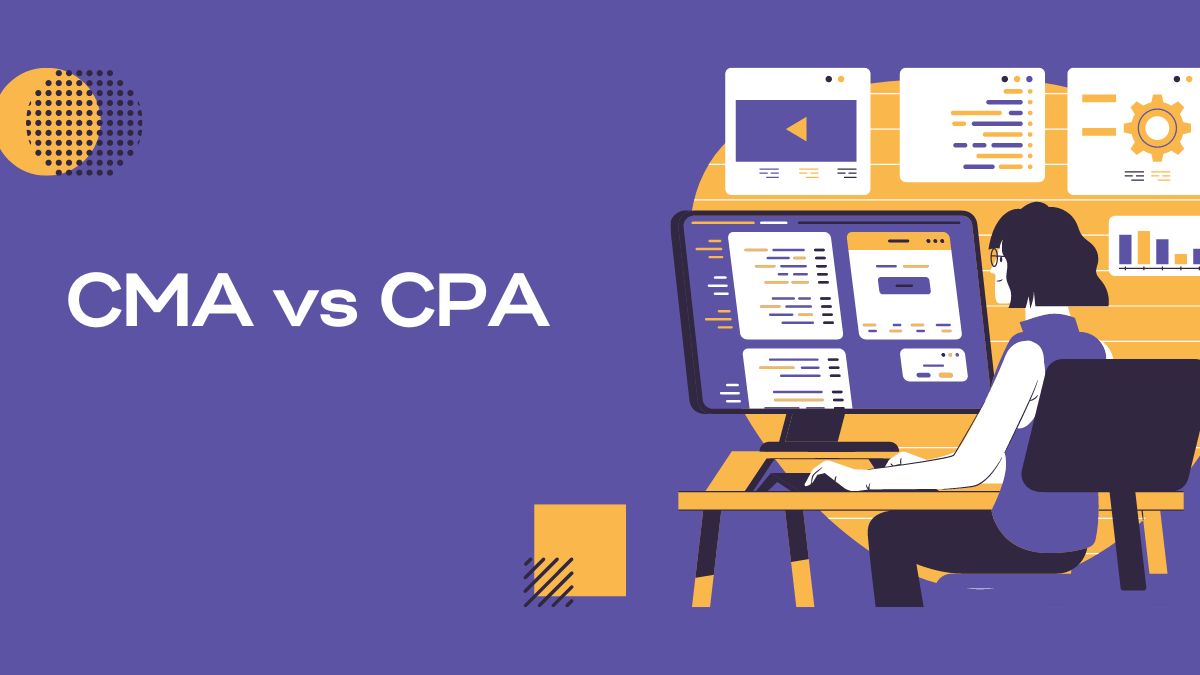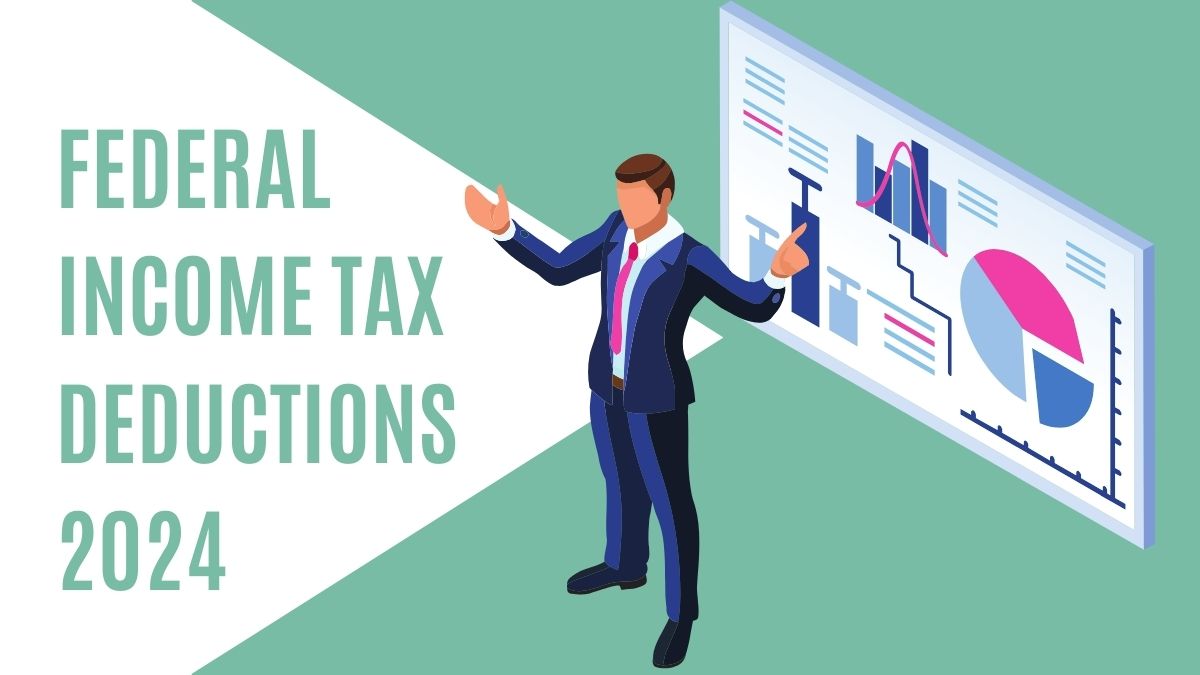In a world where customer demands shift in the blink of an eye, businesses can’t afford to be reactive—they need to be proactive. This is where the magic of demand forecasting and supply chain planning comes into play. Imagine being able to predict what your customers want before they even know it themselves and ensuring your supply chain is perfectly aligned to deliver those products right on time. Sounds like a dream, right? But with the right strategies, it can be your reality.
Integrating demand forecasting with supply chain planning isn’t just a smart move—it’s the secret sauce behind a successful, agile, and resilient business. Whether you’re in manufacturing, retail, or logistics, getting this integration right will keep your operations ahead of the curve. So, let’s explore the best practices that can turn this vision into a smooth-running operation for your business.
The Importance of Demand Forecasting Integration
Before we delve into best practices, let’s first understand why integrating demand forecasting with supply chain planning is so critical.
Demand forecasting is essentially your roadmap—it tells you what products your customers want and when they’ll need them. When integrated with supply chain planning, it enables businesses to manage inventories, optimise production, and reduce waste efficiently. Without this integration, your supply chain might face either shortages or surpluses, both of which can be costly.
Best Practices for Aligning Demand Forecasting with Supply Chain Planning
Here are some of the best practices for aligning demand forecasting with supply chain planning:
1. Integrated Planning at the Departmental Level
One of the best practices for incorporating demand forecasting into supply chain planning is promoting cross-functional communication. Sales, marketing, finance, and supply chain need to communicate their data, analysis, and forecast with each other for everyone to be in harmony. This cross-functional cooperation may contribute to demand forecasting being integrated into the organisation’s business strategy to gain accuracy in planning the company’s supply chain.
2. Deploy the High-quality Advanced Forecasting Tools
We have evolved from that history-oriented trading where we used to forecast our profits by analysing past records. Today’s supply chain requires sophisticated tools that use real-time data with AI and ML integration. They enhance the accuracy of demand and help organisations respond to the changes more effectively and efficiently. It also enables companies to foresee movements in the demand gap and hence have an opportunity to work on their problems and avoid mishaps such as a delayed supply chain or lack of stock. By integrating these tools, adequacies in the forecasting and planning section are achieved to match the speed of the fluctuating market.
3. Data-Driven Decision Making
Better information is the lifeblood of convincing demand forecasting and supply chain management. Using data analytical skills, various organisations are in a position to make the right choices on what materials and products to order, how to store them and even when to produce them. Conduct a market and trends analysis of the specific product being ordered based on x sales records and customer behaviour mapping. The necessity of demand forecasting integration means that supply chain management can be sold for real-time demand if this integration is data-driven.
4. Regularly Update Forecasts
It is not unusual for a company’s static demand forecasts to become obsolete almost instantly, especially in fast-moving industries. Obsolete forecasts can often deprive businesses of their competitiveness, so they must update their forecasts more often due to shifts in consumer attitudes, trends, or even the influence of an unforeseen supply chain disruption. One of the attractive benefits of this approach is that supply chain planning continues to be constantly forecasted so as to remain dynamic.
5. Focus on Inventory Optimisation
By far, the most sensitive aspect of integrating demand forecasting is inventory control or inventory management, as it is commonly referred to. Optimal inventory management is achieved when the right quantity of inventory is available at the appropriate time. Firms can minimise problems like overstocking as well as understocking that costs the firm’s sales. Integrating demand forecasts with supply chain planning makes inventory adequate. As a result, costs are minimised, and customers are satisfied.
Forecasting and Planning Alignment: Why Does It Matters?
It is, therefore, clear that these best practices of linking forecasting with supply chain planning are not just ‘nice to have’ but a ‘must have’.
Companies that perform these functions in an integrated manner are better able to address the market needs and cut the cost of doing business while enhancing profitability. Forecasting and planning alignment is the key to making certain that all supply chains’ processes are proper for both procurement and delivery, and makes a business model more powerful.
The Role of Certification in Supply Chain Management
For those looking to deepen their knowledge and expertise in demand forecasting integration and supply chain planning best practices, pursuing a supply chain certification course can be highly beneficial. Certification programs, such as the Professional Certification in Supply Chain Management and Analytics by IIT Roorkee, powered by Imarticus Learning, offer valuable insights into industry best practices, and the latest tools and technologies.
Conclusion
Integrating demand forecasting into your supply chain can greatly transform your business outlook and make it much more robust. Adopting the above procedures in supply chain management can help to avert any pitfalls which are likely to cost a fortune since supply chain activities are always influenced by market forces.
For professionals aiming to stay ahead in this field, gaining in-depth knowledge through a certification course can be a game-changer. Imarticus Learning offers a Professional Certification in Supply Chain Management and Analytics by IIT Roorkee that equips you with the skills and knowledge required to excel in demand forecasting and supply chain planning. This program covers advanced topics in analytics, forecasting and supply chain strategies, helping you become a leader in the field.










